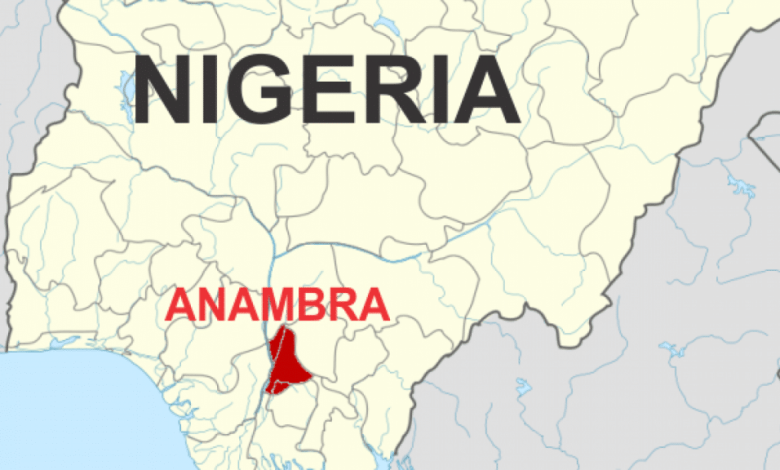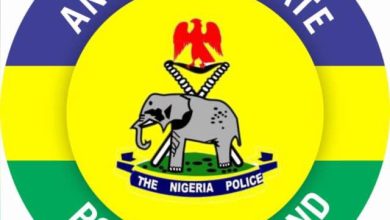
By Karen James
The Women Supporting Women in Politics Network (WSWPN) has condemned the systematic marginalization of women in Nigerian political leadership, calling for urgent reforms to address gender-based discrimination in governance.
In a strongly worded statement, WSWPN criticized recent incidents in the Nigerian Senate, particularly the treatment of Senator Natasha Akpoti Uduaghan by Senate President Godswill Akpabio. The organization emphasized that such actions are part of a broader culture of silencing and excluding women from leadership roles.
WSWPN highlighted the stark gender disparity in Nigerian governance, despite women making up nearly half of the country’s population. The organization argued that the underrepresentation of women in decision-making spaces hinders progress on critical issues such as healthcare, education, gender-based violence, and economic empowerment.
“Women’s exclusion from governance is not just an injustice—it is a national setback,” WSWPN stated. “Research consistently shows that inclusive leadership leads to stronger economies and more effective policies. Nigeria cannot afford to leave women out of its political future.”
WSWPN is a globally recognized organization with millions of members across countries, including the United States, Canada, Ghana, South Africa, and Nigeria. Founded by Dr. Isoken Ibie, a highly respected Nigerian leader based in Canada, the organization is dedicated to advancing women’s representation in politics worldwide.
The advocacy group called for unity among female lawmakers, urging them to resist intimidation and exclusion. It also challenged male leaders to actively support their female counterparts, stressing that gender equity benefits all of society.
“The fight for gender equality is not just for women. Male leaders must take a stand against sexism and ensure a political culture that respects and empowers women,” the statement read.
Call to Action: Demands for Reform
WSWPN outlined key demands, including:
A Public Apology: Senate President Akpabio must apologize for his treatment of female senators and commit to fostering an inclusive environment.
Policy Reforms: Implementation of gender-sensitive policies that protect and empower women in governance.
Legislative Action: Passage of reforms to increase female representation and prevent political intimidation.
Civil Society Engagement: Stronger advocacy from civil society and international bodies to hold leaders accountable.
The group also urged President Bola Tinubu and First Lady Remi Tinubu to take a firm stand against gender-based discrimination and champion policies promoting women’s inclusion in governance.
WSWPN reaffirmed its commitment to achieving full gender equity in Nigerian politics, declaring that it will continue to advocate for women’s rights and representation.
“The time for change is now. We will not remain silent. Nigeria’s democracy must work for all, not just a select few,” the statement concluded.
The call for action has sparked widespread discussion, with many urging the government to take concrete steps toward a more inclusive and equitable political system.




